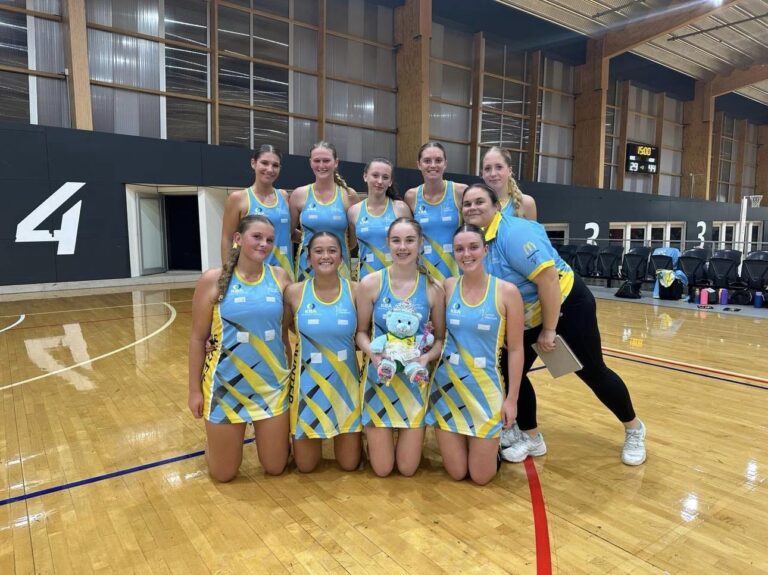The vast majority of organisations would like to think that they are open, fair and non-discriminatory in their recruitment and workplace practices. However, the statistics and anecdotal stories paint a very different picture.
Why does diversity matter?
Organisations that are truly diverse have access to a broad range of opinions, experiences and points of view, and can collaborate to uniquely problem solve by tapping into this knowledge. The organisations that are early adopters to creating a well balanced diverse workforce, not tokenistic approach, will be rewarded, as they will find themselves in a position to harness a unique competitive advantage.
Research reveals that workplace diversity increases employee engagement, lifts sales and customer satisfaction levels, leads to greater creativity and innovation, and over all bolsters the bottom line.
By embracing diversity, an organisation can position itself to its candidates as an employer of choice. Attracting employees from a range of academic and professional backgrounds can significantly increase the skill level of the organisation’s workforce. As employer of choice, an organisation can not only attract diversity but also retain it within a culturally rich working environment. This reduces recruitment costs and increases workforce capability, increasing the profitability of the business into the future.
What’s really going on?
If we go back to where we started, we’re all trying to be fair and open and there has been much work done in an attempt to make our workplaces and recruitment processes fair and equitable.
However, discrimination continues to be an underlying issue and limitation to the growth of diversity in the overall organisation and within Board structure. Ingrained acceptance of discriminating behaviours and biased decision-making makes it difficult for organisations to identify discrimination as it occurs. Another driver of discrimination is the unconscious individual bias and filtering processes that form as a result of individual backgrounds, experiences, and cultural environment.
Unconscious bias by its definition is something that individuals are not actively aware of, it is a mechanism that happens outside of conscious control, that automatically triggers within the brain to make quick judgments and assessments of people and situations, as influenced by a set of personal filters.
What’s the solution?
It is clear that diversity is key to an effective team dynamics. Being able to establish and manage this diversity within a team context is a unique skill that takes practice and discipline to hone.
Acknowledging that unconscious bias exists is the first step to establishing a solution. To recognise this bias through recruitment practices, one solution includes instating a diverse panel for the review of applications, interview process and final selection.
Clear communication about organisational values and support in the development of employee interpersonal skills should also be key tactics within each organisation’s diversity strategy.
Merely paying lip service and ticking policy boxes will not provide the desired outcome. All employees should be responsible for their own upholding of diversity as a genuine organisational priority embedded within the active values of our organisations.
Increasing the diversity of a workplace should not be approached as an unnecessary tedium, or an additional burden on the Human Resources department. When businesses embrace diversity as a whole, leaders, team members and frontline employees genuinely embrace the value in team differences. Reinforcing acceptance of diversity in the organisational values and culture policies is the cornerstone to aligning values across the organisation.
Organisations that are aware of unconscious bias and can genuinely embrace diversity will more readily build a sustainable competitive advantage. In any case, increased acceptance of diversity has positive flow-on effects through the business, its people and the wider community.





